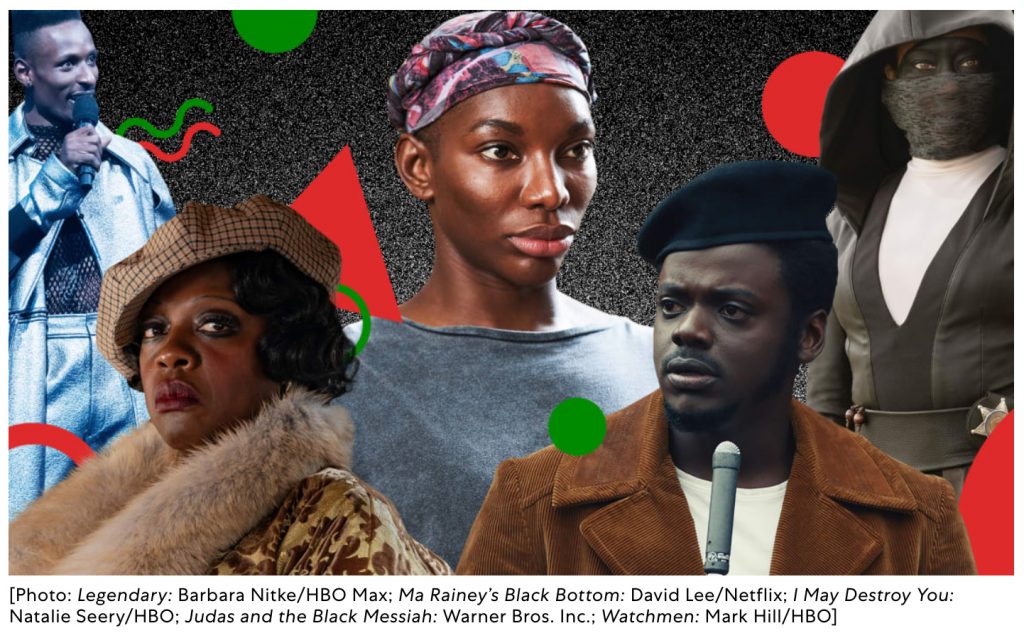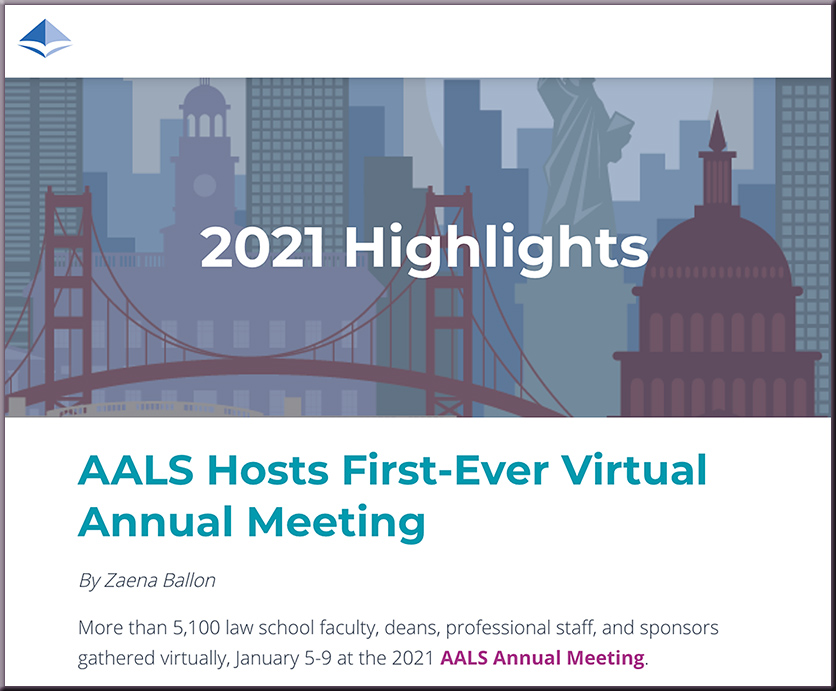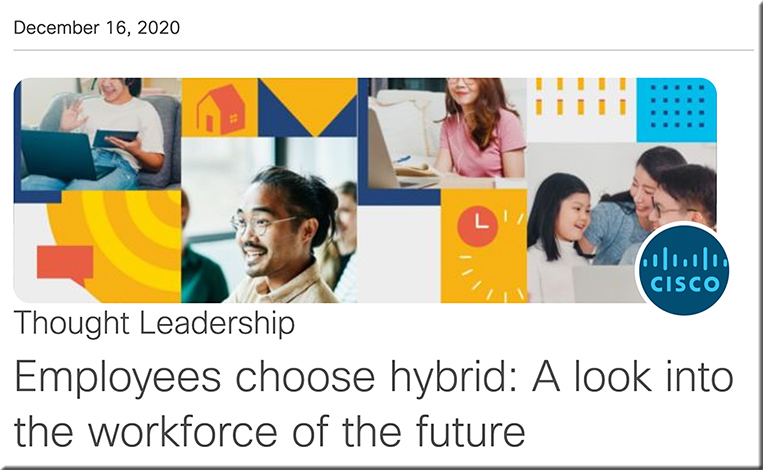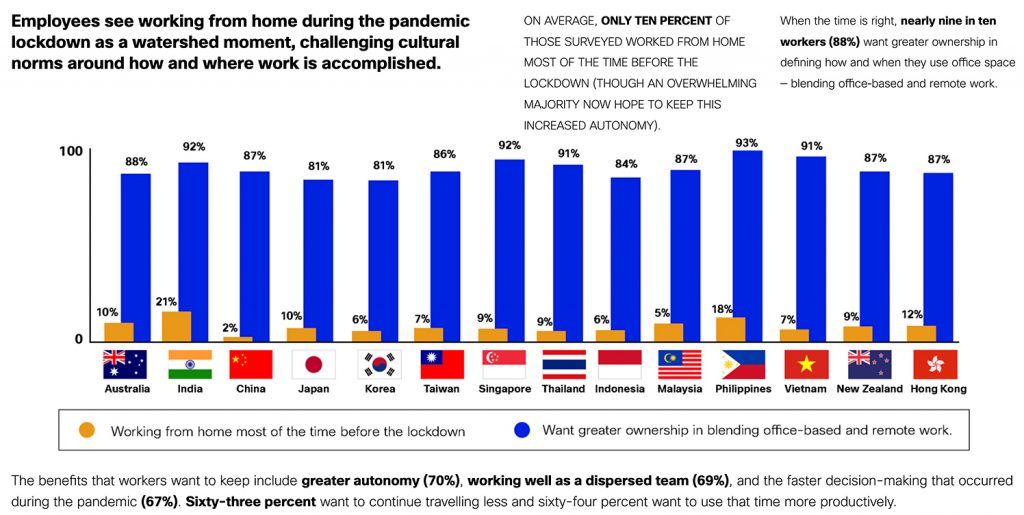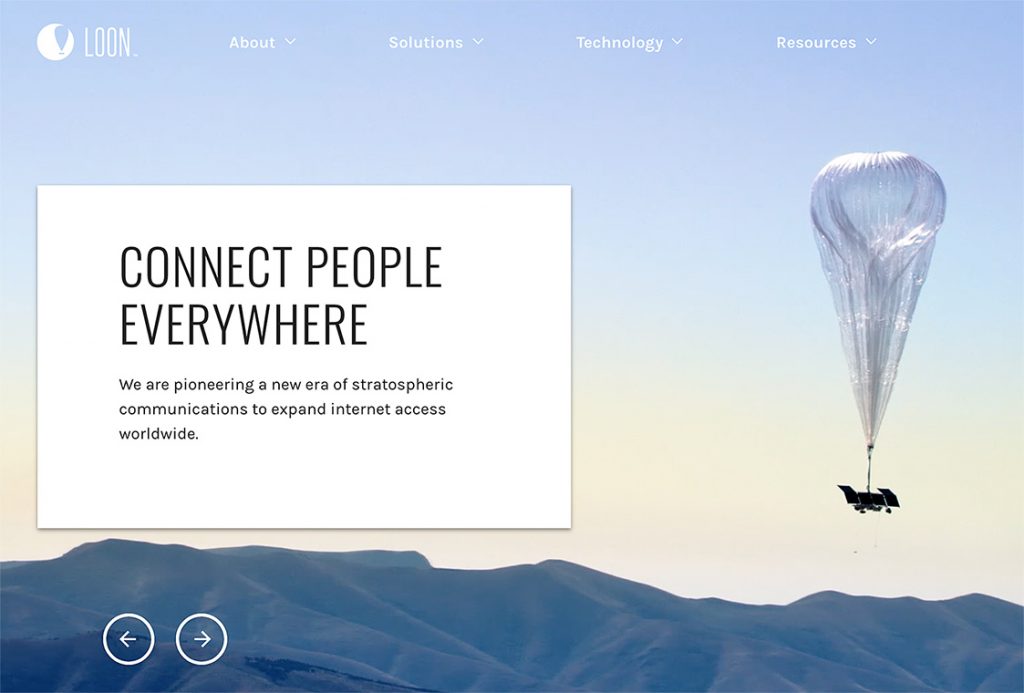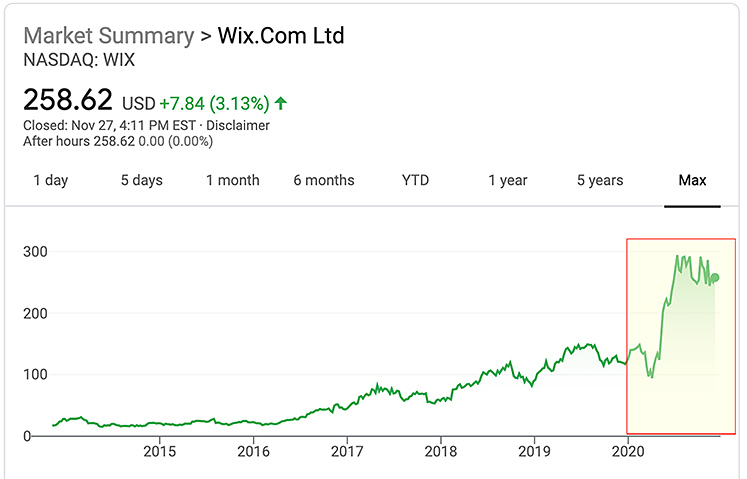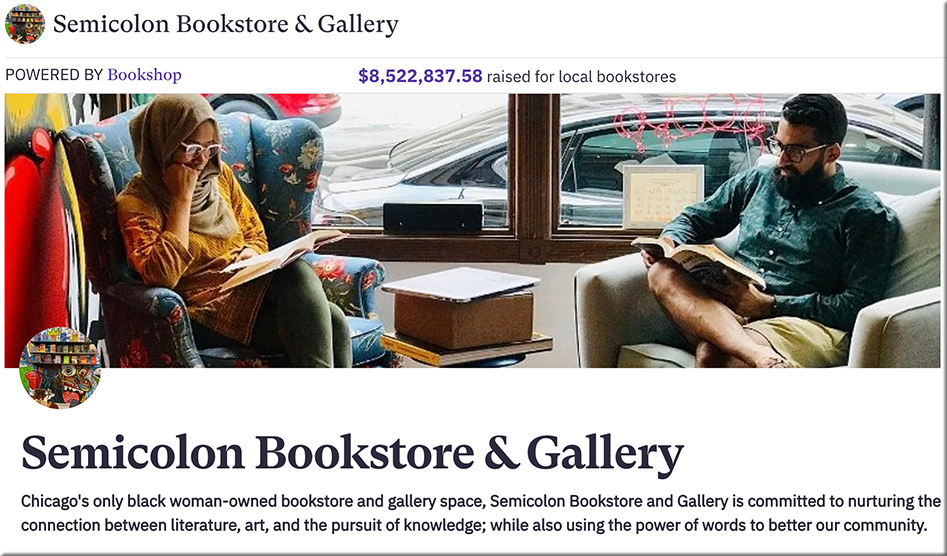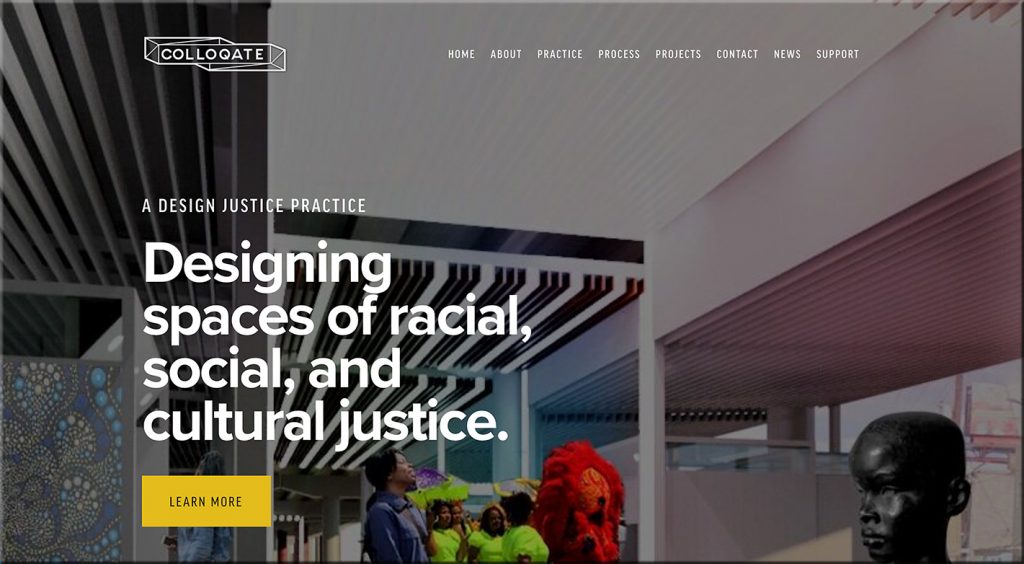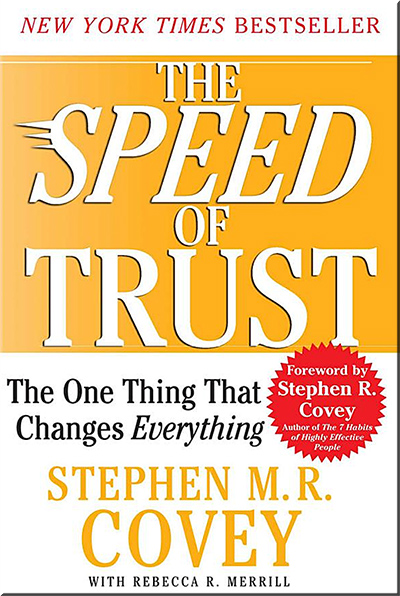91 movies and TV shows to stream for Black History Month — from fastcompany.com by Joe Berkowitz
For Black History Month, here’s a streaming guide to historical fiction, biopics, documentaries, and sitcoms, made by and about Black Americans.
Musical Mentors Collaborative Announces Requiem-20
The resulting compendium is a tribute to the pandemic world we live in today
Philadelphia, PA — January 19, 2021 — Musical Mentors Collaborative (“MMC”), which provides free private music instruction and instruments to students who would not otherwise have access, presents Requiem-20, a collaborative, multimedia, multi-genre reflection on the ineffable loss of life in 2020 due to the Coronavirus pandemic. Featuring music by young but brilliant early-career composers, this project offered these artists a chance to help culture make meaning in a time of seeming creative impossibility. Produced in cooperation with Musical Mentors Collaborative and performed by MMC’s Teaching Fellows, this project represents a coalescence, a meeting place for creative artists to express and process the difficulties of this time.
“With the looming loss of millions of lives to Coronavirus, 11 composers and 23 artists have come together to form a musical collaborative work called, Requiem-20, a modern day Requiem in response to Covid-19. During this pandemic and with the lack of so many live performances, composers, especially young composers are feeling that their musical voices are not able to be displayed as normal and are looking for ways to stay connected and be relevant to the world right now.
This is their musical reaction to all the loss that is experienced during this time. A requiem not just for the loss of so many lives, but also for the loss of everyday life as we knew it, the loss of so many things that we had, the loss of getting to do things we love and see the people we love, the loss of so many jobs and livelihoods, the loss of so much continues and is expressed here in this montage and continuous melange of 11 short expressions that is interwoven to formulate Requiem-20,” says Says Daniel Matsukawa, principal bassoon of the Philadelphia Orchestra, professor at the Curtis Institute of Music, and the creator of this project.
Given the continuing loss of so many musicians’ jobs and livelihoods, we hope that the feelings and stories conveyed through Requiem-20 give you faith that artistic expression lives on as robustly as ever. We also hope that this project may prompt other musicians to compose and add to the concept, thus creating their own musical tribute in response to the current pandemic-filled world.
“Musical Mentors Collaborative encourages creativity through connection, and employs the ingenuity of economically displaced musicians to create connections in communities with the least access to music’s undisputed benefits. This project furthers our mission of connecting artists and young people with this crucial resource in this troubled time,” said Teddy Poll, Artistic and Educational Director of MMC. “We are excited to share Requiem-20 and for the public.”
Requiem-20, as well as more detailed information about the piece, can be seen/heard here: www.requiem-20.com.
AALS Hosts First-Ever Virtual Annual Meeting — from am.aals.org
Excerpt:
More than 5,100 law school faculty, deans, professional staff, and sponsors gathered virtually, January 5-9 at the 2021 AALS Annual Meeting.
Over five days, the meeting included moderated panels, interactive discussions, and networking events. The programs closely reflected the most pressing issues of the day, including sessions related to the pandemic’s impact on civil rights, disability law, the economy, executive powers, eviction, voting, and workers’ rights, among other topics. There were also several sessions on how the pandemic has affected law schools, especially as it relates to online and hybrid teaching.
The theme of the meeting was “The Power of Words,” selected by 2020 AALS President Darby Dickerson, Dean and Professor of Law at UIC John Marshall Law School.
“Words matter and how we use words matter,” Dickerson said during a welcome video introducing the meeting. “Words are powerful tools. They can inspire social movements, evoke emotions, and create allegiances. They can help and they can heal, but like many tools, words can also be wielded as weapons to hurt and hinder and to mislead and manipulate.”
Employees choose hybrid: A look into the workforce of the future — from news-blogs.cisco.com by Cisco
Excerpt:
To better understand the evolving expectations of employers and workplaces in a post-pandemic environment, Cisco surveyed more than 14,000 office-based employees across 14 markets in Asia Pacific and captured the findings in a newly launched Workforce of the Future report.
In this article, we share perspectives from four influential thought leaders on the future of work and how organizations in Asia Pacific can leverage technology to support the workforce of the future.
WMU-Cooley Named Top 10 Law School For Ethnic Enrollment in 2019 — from fox47news.com
Excerpt:
LANSING, Mich. — Western Michigan University Cooley Law School, with campuses in Michigan and Florida, was named a top 10 law school for racial and ethnic minority enrollment in 2019 by Enjuris, a collection of independent legal resources for legal professionals.
With Black students comprising 22.4 percent of WMU-Cooley’s total student enrollment in 2019, the law school is ranked in Enjuris’ recently released, Law School Enrollment by Race & Ethnicity (2019) [enjuris.com] report.
8 Finally, brothers and sisters, whatever is true, whatever is noble, whatever is right, whatever is pure, whatever is lovely, whatever is admirable—if anything is excellent or praiseworthy—think about such things.









